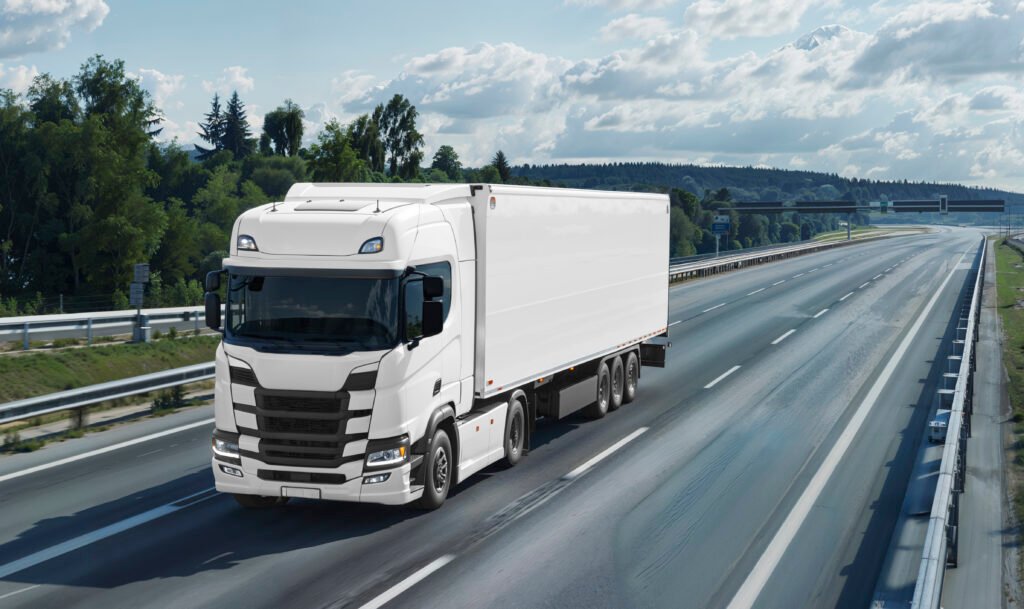Navigating the complexities of the trucking industry involves more than just logistics and fleet management. A critical component that often determines the legitimacy and operational capacity of a trucking business is compliance with the Department of Transportation (DOT) insurance requirements. Understanding these requirements is essential for both new entrants and established carriers to ensure uninterrupted operations and legal compliance.
Understanding DOT Insurance Requirements
The Federal Motor Carrier Safety Administration (FMCSA), a division of the DOT, mandates that all for-hire motor carriers operating across state lines maintain specific minimum levels of financial responsibility. These requirements are designed to ensure that carriers can cover potential liabilities arising from accidents, injuries, or environmental damages. The minimum insurance coverage varies based on the type of cargo transported and the vehicle’s weight. For instance, carriers transporting non-hazardous freight in vehicles weighing over 10,001 pounds are required to have a minimum of $750,000 in public liability insurance. However, this amount can escalate to $5 million for carriers dealing with hazardous materials or transporting passengers, depending on the specific risks involved.
Essential Insurance Filings for Compliance
To comply with DOT insurance requirements, carriers must submit specific forms through their insurance providers:
BMC-91 or BMC-91X: These forms certify that the carrier has the required public liability insurance, covering bodily injury, property damage, and environmental restoration.
BMC-34 or BMC-83: These are necessary for carriers transporting household goods, ensuring cargo insurance coverage of at least $5,000 per vehicle and $10,000 per occurrence.
MCS-90: An endorsement that guarantees the carrier’s financial responsibility for public liability claims, even if the insurance policy itself does not cover the specific incident.
Failure to file these forms accurately and promptly can result in the revocation of operating authority, leading to business disruptions.
Additional Insurance Considerations
While the FMCSA specifies minimum insurance requirements, many carriers opt for additional coverage to safeguard their operations
Cargo Insurance: Although not mandated for all carriers, cargo insurance is often required by shippers and brokers. It protects against losses or damages to the freight during transit.
Physical Damage Coverage: This covers repairs or replacements of the carrier’s vehicles due to accidents, theft, or natural disasters.
General Liability Insurance: Beyond vehicle-related incidents, this insurance covers other liabilities, such as injuries occurring on the company’s premises.
Workers’ Compensation: Essential for covering medical expenses and lost wages for employees injured on the job.
Hemelyh, an experienced insurance advisor, notes, “Many trucking businesses underestimate the importance of comprehensive coverage. It’s not just about meeting the minimum requirements; it’s about protecting your assets and ensuring business continuity in the face of unforeseen events.”

Staying Compliant with DOT Insurance Requirements
Compliance with DOT insurance requirements isn’t something you address just once—it’s an ongoing part of running a trucking business. As your company grows or shifts its operations, it’s important to regularly review your insurance policies to make sure they still meet your current needs. Keeping your documents well-organized and accessible can make audits or inspections much smoother, especially when authorities request proof of coverage. It’s also essential to stay up to date with changes in regulations, which can evolve over time. Subscribing to FMCSA updates or checking in periodically with your insurance provider are smart ways to stay informed and prepared. When you actively manage your insurance responsibilities, you’re not only staying compliant—you’re also protecting your business from costly risks and disruptions.
Why DOT Requirements Deserve Your Attention
Understanding and adhering to DOT insurance requirements is more than a regulatory formality; it’s a foundational aspect of operating a successful and resilient trucking business. By securing the appropriate insurance coverage and staying vigilant about compliance, carriers can navigate the complexities of the industry with confidence and stability. If you’re unsure whether your current policy meets all DOT standards, contact Premium Insurance Group today, we’re here to help you stay protected and compliant every mile of the way.



